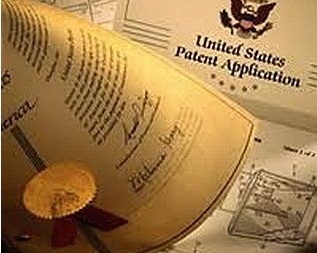

Apple’s patent infringement lawsuit saw testimony from a Samsung executive in which he acknowledged his company had studied Apple devices when developing their own models.
However the Samsung executive denied that Samsung had copied any elements of Apples products.
The testimony of Justin Denison, chief strategy officer for Samsung’s mobile business, came on 3 August, in Federal District Court in San Jose, California, according to information obtained from a live blog of the trial proceedings by a reporter for the San Jose Mercury News.
An Apple attorney showed Denison an internal Samsung document titled “Galaxy S1 v. iPhone” from March of 2010, when Samsung was developing a smartphone to rival the iPhone, which was first introduced in 2007. While acknowledging that the report was a detailed comparison of the two products, he said it was not about copying features of the iPhone in the Galaxy S.
During the trial’s morning proceedings, Philip Schiller, the senior vice president of worldwide marketing at Apple, testified that Samsung “has ripped off a number of our design elements” and that has hurt sales of iPhones and caused confusion in the marketplace for consumers.
Such copying “creates a huge problem in marketing,” Schiller testified. “Customers can get confused on whose product is whose.” And in addition to copying the iPhone with the Galaxy S, Schiller said Samsung later copied the iPad tablet computer, introduced in 2010, in the design of the Samsung Galaxy Tab.
“[We were] even more shocked. I thought ‘they’ve done it again. They’re just going to copy our whole product line,’” Schiller told the jury, according to the Mercury News. “It’s having a large impact on the marketplace.”
But under cross-examination by Samsung attorney Bill Price, Schiller acknowledged a 2010 email from an Apple advertising executive acknowledging that the company would have difficulty pointing to any “firsts” in the design of the iPhone, as several other brands of the devices were already on the market years before Apple introduced its product.
“We did not have exclusivity on playing movies or music on phones,” Schiller acknowledged to Price.
Another controversy in the trial revolves around a petition Apple submitted to U.S. District Court Judge Lucy Koh, who’s presiding over the trial, to sanction Samsung attorney John Quinn for putting out a Samsung news release criticising Judge Koh for rulings that excluded evidence Samsung wanted to present to the jury.
In a filing seeking the sanctions, Apple argued that the news release was intended to influence the jury in favour of Samsung.
In a response to the Apple filing, Quinn stated that the news release was only sent to reporters who were trying to get information from Samsung and that the issues in the release were previously discussed in open court.
What do you know about the iPhone’s competitors? Find out with our quiz!
Head of artificial intelligence research at Meta Platforms has announced she is leaving the social…
No decision yet, after media reports CK Hutchison was to spin off its global telecom…
Ahead of 5 April deadline, Trump is to hold White House meeting over possible investors…
Apple fined 150m euros over App Tracking Transparency feature that it says abuses Apple's market…
OpenAI to release customisable open-weight model in coming months as it faces pressure from open-source…
Samsung's Bespoke AI-powered fridge monitors food to create shopping lists, displays TikTok videos, locates misplaced…